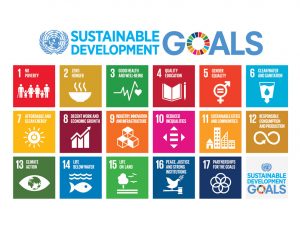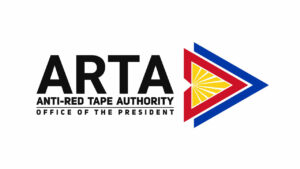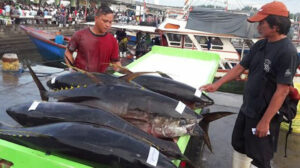By Kyle Aristophere T. Atienza, Reporter
PHILIPPINE tuna could struggle to obtain sustainability certificates following a Supreme Court (SC) ruling that allowed commercial vessels to operate within municipal waters, tuna industry groups said on Tuesday.
“Allowing commercial vessels in municipal waters raises serious questions about stock management and environmental enforcement,” according to Veronica Rabano of Jarla Trading, a member of the Philippine Association of Tuna Processors Inc., (PATPI).
She said the ruling could jeopardize the industry’s access to crucial export markets which require traceability and sustainability of fish products.
The Bureau of Fisheries and Aquatic Resources (BFAR) estimates that about 70% of tuna caught in municipal waters is harvested by small-scale fisherfolk.
Bernard Mayo, who chairs the Municipal Fisheries and Aquatic Resources Management Council in Mamburao, Mindoro, said in a statement that municipal fisherfolk who supply tuna to processors have been affected by dwindling catches.
“We catch less tuna these days. We used to catch around 100 kilograms per trip. Now, we catch less than 50, if anything,” he said.
“The area designated for municipal fishing is already small, and (commercial operators) want to encroach on that too,” he added.
Ms. Rabano said the Supreme Court ruling, once enforced, will affect the entire tuna export supply chain.
“Maintaining our certifications is not just about brand reputation; it’s a matter of survival for our business. If we lose them, we risk losing access to our key markets,” she said.
PATPI is a member of the Philippine Tuna Handline Partnership (PTHP), which also includes the Gulf of Lagonoy Tuna Fishers Federation, Inc. (GLTFFI) and the Occidental Mindoro Federation of Tuna Fishers Associations (OMFTFA).
It took years and millions of pesos to complete the certification process for the PTHP, which became the first group to receive a Marine Stewardship Council (MSC) certification in October 2021.
The Philippines is the fourth-largest tuna exporter in the region, with its shipments hitting $500 million in 2024.
Aside from the European Union, other primary markets for Philippine tuna are the US and Japan, “all demanding proof of sustainability through third-party ecolabels, such as the Marine Stewardship Council (MSC) and Friend of the Sea (FOS) labels,” Oceana Philippines said.
“Obtaining these certifications enables exporters to enter more lucrative segments, command higher prices for certified products, and maintain access as regulatory standards evolve,” it added.


















